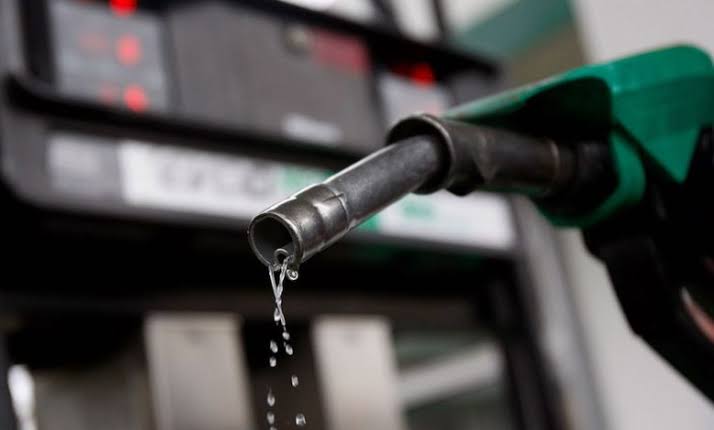
The implementation of 7.5 per cent Value Added Tax on Automotive Gas Oil(AGO), also known as diesel and the foreign exchange crisis in Nigeria, has driven the product price from N600 to between N900 and N950 per litre, oil marketers have disclosed.
The marketers on Monday, August 14, said that their inability to access the United States dollars was impeding their ability to import diesel, as they called on the Federal Government (FG) to promptly address the situation.
The National President of Natural Oil and Gas Suppliers Association of Nigeria (NOGASA), Bennett Korie, speaking at a briefing in Abuja said because diesel is used for transporting petroleum products, and this will affect the price of PMS.
He added that there was a need for the Federal Government to swiftly address the price crisis occasioned by the rising dollar rate stating otherwise, the price of both products may go higher than the current prediction.
“Before now, diesel was about N600 before they talked about tax on the diesel. The dollar rate has become very topical. The whole thing is a mess, so we suggest that the government move into action on this dollar issue otherwise the price of diesel and petrol will go higher than what you see today.”
Korie suggested the Central Bank of Nigeria (CBN) needs to meet with stakeholders such as the Bureau De Change operators to create a uniform dollar rate acceptable to all.
“So the only way out is to take serious action. Call the BDC to sit with CBN and create one uniform rate that will be okay. This is not our money. You can sit down and say if you want to sell to us, this is how much we will buy from you, and if you want to sell, don’t sell for more than this price. And that way, they can control the dollar.
” Yes, Mr. President said free, everybody should trade which is normal but the way it is going, it will destroy a lot of things for us,” he warned.
He also asked the government to prioritize modular refineries .
“There is a need for government to sell crude oil to these refineries; at least we have modular refineries of 5000 to 10,000 barrels per day.
” We lift from them but sometimes, we lift this week then the following week we won’t lift because they say no crude oil. So we don’t rely on them because we don’t get enough. If they are getting crude oil on a daily basis, they will make impact,” he noted.
He also lamented the poor state of Nigerian roads, particularly Warri-Abuja.
“Today, we import trucks with dollars, then the roads are bad, it will not last. That is why you see us importing trucks and cars every day, but if you fix the roads, you will see that the way we import spare parts and vehicles to this country will reduce. For example, from Warri to Abuja is a no-go area.
“Our trucks have been there for the past two weeks they can’t move. They kidnap, kill our drivers. We are losing money, One of my drivers spent over eight days on the road, when he came back, we could not recognize him,” he said.
“This needs to be addressed if not, we may have problem of bringing the product. If you look around, you will see that some filling stations are empty, it is as a result of that road, they can’t move. So the government should consider this information as a big one, otherwise if they don’t fix it, on its own it will stop,” he warned.




